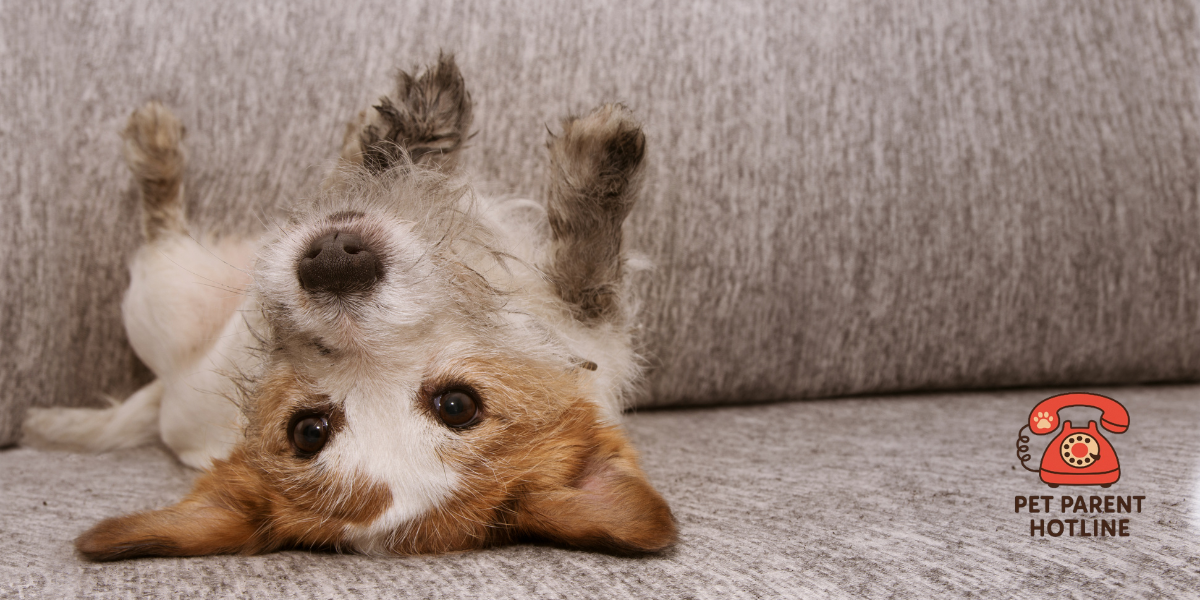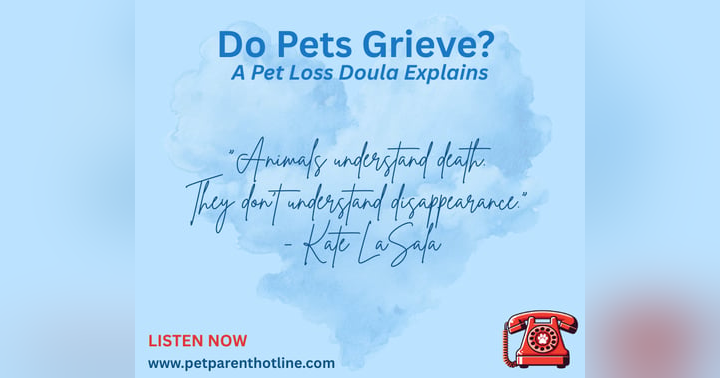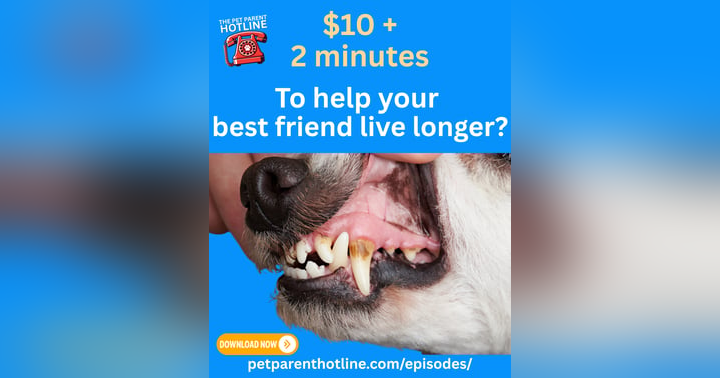Why Your House Still Smells Like Pets (and How to Fix It for Good)

Let’s be real — pets can be really stinky.
Not all the time, and not every pet, but enough that if you’ve ever walked into your house and thought, ugh, this place smells like dog, you know exactly what I’m talking about. And if you haven’t noticed? Trust me, your guests have.
The problem is that most of us deal with odors the wrong way. We grab a candle, light a wax melt, or spray Febreze until the air smells like a "Wet, dirty dog rolled in a rosebush to rub off the poop on his back.” Not exactly the vibe you’re going for.
So instead of just masking smells, let’s talk about where those odors really come from and what actually helps you get rid of them.
Where Pet Smells Come From
Accidents. Puppies, seniors, or even a healthy dog that just couldn’t hold it. Urine and poop are the obvious offenders, and unless you’re using an enzymatic cleaner, those smells sink into carpet and pads and never really leave.
Dander. Tiny skin flakes floating around, settling on fabric, building up on every surface. It doesn’t just trigger allergies, it makes your house smell stale and funky.
Saliva & vomit. Dogs lick everything. Cats puke on everything. Both leave behind bacteria that smell if you don’t get to them fast and not only clean up the obvious mess, but break down the residual bacteria left behind.
Wet dog smell. That classic funk is bacteria + water + coat oils. The thicker the coat, the stronger the smell.
Anal glands. Yep, I said it. If you’ve ever smelled it, you’ll never forget it. If your pet is scooting or licking a lot back there, it’s time for a vet visit.
Things your dog rolls in. When a dog finds something dead or stinky in your yard or the park. They think they've hit the jackpot. It smells so damn good to them that they want you to enjoy it to. So to bring it back to you, they roll and rub in it until the smell is securely fastened to their bodies and then they happily trot inside.
Your pet (dogs especially) just could be a natural stinker. Some breeds of dogs, particularly those bred for water activities, have coats that produce more oil to repel water. This can lead to a stronger odor. Wrinkly dogs' skin folds can trap dirt, moisture, and bacteria in their skin folds, which can cause unpleasant smells. And dogs with long and/or floppy ears are more likely to have moisture and debris trapped in those ears which creates a perfect environment for yeast and bacteria to grow, which can cause a musty or yeasty odor.
Habits That Keep Smells in Check
You don’t need to turn into a cleaning robot or give up and live in “Eau de Pet.” Small daily cleaning and freshening habits can go a long way:
Brush your pets regularly: I'll admit I'm not good at this, but lately I've been focusing on it more and it helps. Less fur and dander on them means less mess and smell on your couch.
Wash their bedding (and yours if they sleep there) at least weekly. In our podcast episode on this subject, my guest Tracy Fosterling mentioned that she takes her dogs beds out daily and shakes out the hair and airs them out.
Scoop litter boxes daily, not “when I remember.” Ideally, you'd scoop several times a day (I do morning and night AND I have a huge litterbox) and then discard the waste outside each day if you're not using a good waste management receptacle. Putting it in the trash can in your kitchen or leaving a grocery bag with poop next to the litterbox is just moving the smell from one place to another in your home.
Clean accidents right away, and only with enzymatic cleaners (Rocco & Roxie, Nature’s Miracle, or KOE are great).
Open windows, run fans, or use an air purifier. Fresh air is your friend, so take every opportunity to create it or let it in.
And sometimes, the fix isn’t about cleaning harder. It’s about being honest about the fact that if you have pets, some things are just easier to do without. In the podcast episode, Tracy actually advised ditching the area rugs and feels like no amount of cleaning will help them not smell long-term. Once urine or odor seeps deep into a rug, you’re unlikely to really get it all the way out. It hurts to hear, but she’s right.
Product Swaps That Help
A few things that actually make life easier:
Enzymatic cleaners – non-negotiable if you have pets.
Microfiber cloths – they grab dander and dust instead of pushing it around.
Odor-absorbing gels – perfect for litter box corners.
Air purifiers with HEPA + carbon filters – get one if you have multiple pets.
Cordless vacuum cleaners - both hand-held and stick because the easier it is to grab and just use (vs dragging it out of a closet, plugging it in, wrangling the cord, etc.), the more likely you'll use it.
Final Thought
If your house smells like pets, you don’t have to just live with it, and you definitely don’t have to burn through candles trying to hide it. Find the source, swap a few habits, and be consistent. Your home really can smell fresh even with pets.
And if you want a step-by-step plan to stay ahead of the mess? Grab my free Pet Parent Cleanup Guides here: www.petparenthotline.com/cleanup
.
And for more real-life tips (including Tracy’s “ditch the rugs” moment), listen to our episode: How I Made My Home Fresh and Fur-Free… Even With 8 Pets.
Because let’s be honest: the goal isn’t perfection. It’s a clean-enough, calm-enough home you can actually enjoy — pets and all.










